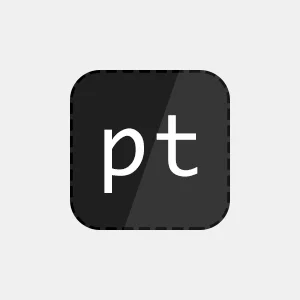Reading: Food for Thought
While much of your growth will take place with me in-person, there is a wealth of resources that can help, both to enrich your contextual understanding of what we do together, and to help you understand and master some of the foundational concepts that come into play.
Below are some selected articles from literature that are interesting, enjoyable and accessible, and which may deliver special insight to your work with me.
The New York Times, on Attachment Theory
“While there have been many schools of thought to help us understand what strains and maintains human bonds, from Freudian to Gestalt, one of the most rigorously studied may be the least known to the public.
“It’s called attachment theory, and there’s growing consensus about its capacity to explain and improve how we function in relationships.”
The BBC, on the language of emotion
The richness and precision of the vocabulary we use to describe how we feel is referred to as “emotion granularity”, which in turn may contribute to "how well we cope with life. If you are better able to pin down whether you are feeling despair or anxiety, for instance, you might be better able to decide how to remedy those feelings: whether to talk to a friend, or watch a funny film. Or being able to identify your hope in the face of disappointment might help you to look for new solutions to your problem.
"In this way, emotion vocabulary is a bit like a directory, allowing you to call up a greater number of strategies to cope with life. Sure enough, people who score highly on emotion granularity are better able to recover more quickly from stress and are less likely to drink alcohol as a way of recovering from bad news. It can even improve your academic success."






